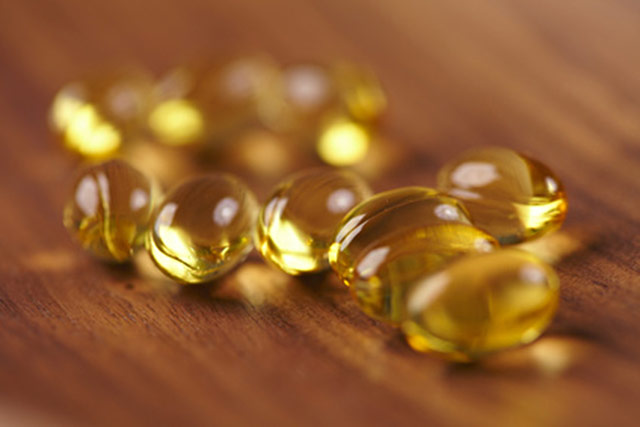Omega-3s may beat antidepressant drugs, according to a new analysis of previous data from researchers in the Netherlands.
Omega-3 fatty acids are polyunsaturated fatty acids that are essential nutrients for our health. We need omega-3 fatty acids for controlling blood clotting and building cell membranes in the brain. Our body cannot make omega-3 fats, we must either supplement or get them through food.
Food rich in omega-3 fatty acids are salmon, nuts, and chia seeds to name a few.
Previous research has shown that omega-3 fatty acids are great for brain health. Recent research from The Journal of Child Psychology and Psychiatry even showed that they may reduce childhood behavioral problems.
The Netherlands researchers analyzed data from 13 studies that involved over 1,223 people.
The study abstract explained the methods and results:
To simplify, the researchers found that the anti-depressant effects of omega-3s rival those of prescription drugs like Zoloft and Prozac.
“This could be a next step to personalizing the treatment for depression and other disorders,” said lead author Dr. Roel JT Mocking, of the University of Amsterdam.
The study showing that omega-3s may beat antidepressant drugs was published in the journal Translational Psychiatry.
Note: None of the information in our website is intended to diagnose, treat, cure or prevent any illness or disease. The content on our website is for educational purposes only.
DON’T FORGET to sign up for our weekly newsletter to get our latest articles, updates, free recipes and giveaways.
Turmeric is superior to Prozac and pain-killers for PMS.
Music therapy reduces depression in children and adolescents.
Fruits and vegetables help prevent depression.
REFERENCES:
1. “Reduction in Behavior Problems with Omega-3 Supplementation in Children Aged 8–16 years: A Randomized, Double-blind, Placebo-controlled, Stratified, Parallel-group Trial.” Wiley Online Library. The Journal of Child Psychology and Psychiatry, n.d. Web. 23 Apr. 2016.
2. “Meta-analysis and Meta-regression of Omega-3 Polyunsaturated Fatty Acid Supplementation for Major Depressive Disorder.” National Center for Biotechnology Information. U.S. National Library of Medicine, n.d. Web. 23 Apr. 2016.

















